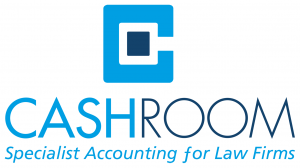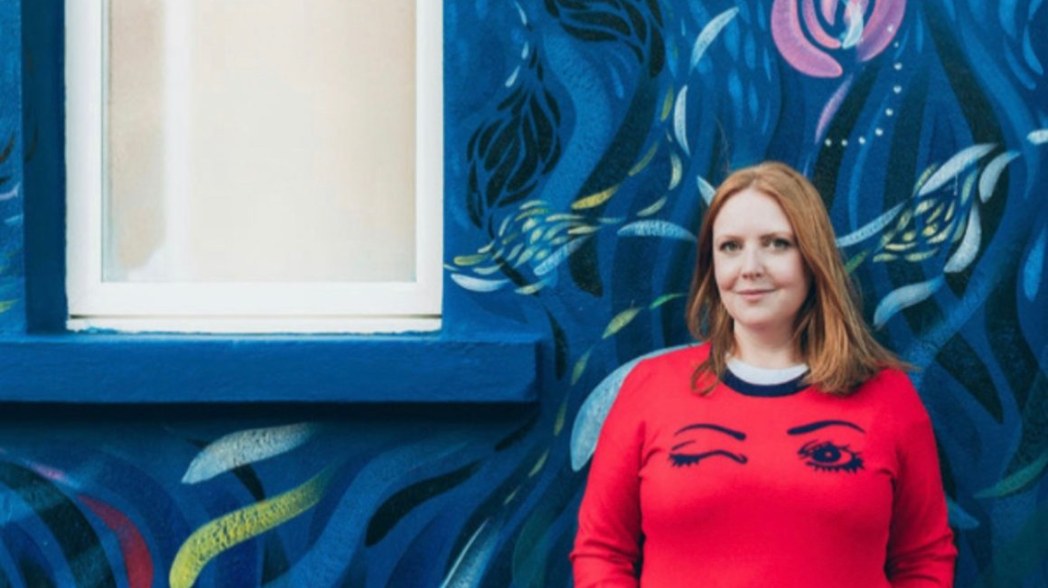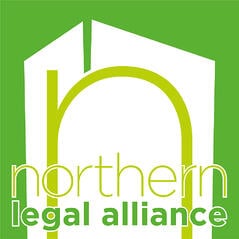Mental Health Awareness Week; or creating a sustainable working environment everyday?
This week is Mental Health Awareness Week. This week is going to be full of events, information, posts, tools and resources. The key is going to be watching who is still talking about mental health next week, next month, six months from now.
What can we do to create a more sustainable working environment everyday of our careers? A working environment that is enjoyable, that is rewarding, that feels safe and worthy of the extensive time and effort we spend on it. Whilst I think it would be a pipe dream to ever expect work to be entirely free of stress, to have a working environment where stress is limited, where it is reasonable and even supportive (yes that is a thing I promise!), well that feels to me as worthy of time as anything else this Mental Health Awareness Week.
So, instead of giving you a list of lovely, but ultimately somewhat unhelpful, tools I’m going to share with you some information and resources that will help you develop that sustainability, that engagement and enjoyment, and ultimately help you develop a more rewarding and profitable career and working environment for the long term.
My challenge to you, is to keep coming back to this information and these tools long after Mental Health Awareness Week is in our rear-view mirror!
Stress in the Legal Profession
According to a recent YouGov study, out more than 9 in 10 lawyers has experienced stress or burnout. LawCare’s Life in the Law study found that the average lawyer is at high risk of burnout, and in 2021 a Resolution study found that 89% of family lawyers had experienced negative wellbeing issues as a result of their work and that 51% of lawyers had considered leaving the profession in the previous three years because of concerns about their well-being.
Law is undoubtedly a stressful and intense profession. As lawyers we deal with problems professionally. We are the person that others come to when something has gone wrong and that inevitably has a knock-on effect. But what if I told you that stress isn’t always stressful and that there are tools and resources that can help to manage stress?
What do we know about stress?
When considering stress, there are a couple of things that we need to bear in mind.
The first is that there is no singular definition of stress. It’s an inherently subjective thing; we know it when we see it, and what causes you a stress response may not phase me at all! So instead of us worrying about whether things should be stressful, or whether other people will believe us or think less of us if we speak up about stressful situations, perhaps our focus would be better placed on identifying our strengths and resources and creating support for where we may struggle in some way.
There are actually two different types of stress. The first we’re well aware of, distress is what most of us mean when we’re talking about stress. We mean negative stress, stress that is difficult, something that is causing us pain in some way. But is stress always bad? Well, no. Eustress is the definition of positive stress. It’s the kind of stress that gets us out of bed in the morning, it’s the kind of stress that has us racing for the finishing line. Frankly, it’s the kind of stress that has us working in the legal profession!
Bearing that in mind, we need to look more carefully at our work. In particular we need to consider where we are experiencing a positive stress; learning a new skill, attending court or having a hearing or mediation that we’ve not done before, developing our professional and personal self esteem; and where this is balanced out against the more negative kind of stress. Are we receiving as much reward from our work as the energy we are giving to it?
Energy in, energy out.
I want you to imagine for a moment that there is an arrow that emanates from your chest and points towards the screen you’re reading this on; this is your effort, at the amount of energy that you are expending on your work. This could mean your time, your energy, your professional development, your skills, all of the energy and focus and drive that goes into your work.
Now imagine a similar arrow emanating from the screen and pointing back towards your chest; this is your return on investment. These are all the ways in which you receive some kind of reward from the work you do and effort that you expend. That could include your salary and bonus, it could be words of kindness or praise or thanks from clients, it could be the satisfaction of a job well done.
Now, compare and contrast the arrow the emanates from you and the arrow that returns to you. Do they balance up? Do you receive as much as you give? Perhaps you receive even more than you give, however clients that I work with often expend far more energy than they ever receive reward. And of course remember this is about more than our pay packet, this is about how we experience reward in our work.
Reward and value
Way to take this exercise further is to consider the type of work that you do and the type of reward you receive from it. There are tasks within your to do List that simply flow, that are easy, that feel rewarding, that are things that you love to do. There are also likely tasks within your to do list that you would rather scoop your eyeballs out with a rusty teaspoon than ever have to do again!
Why is this? Because not all work is created equal, and neither are all people! One of the most effective things that you can do to maintain and develop sustainability in your work is to focus on the work that feels rewarding, engaging and satisfying and limiting the work that does not. Why is this? Put simply, it’s because every piece of work we do that feels exhausting pushes us closer to that burnout limit. It moves us from eustress to distress, it costs us more energy than it returns to us, and therefore it is to a greater or lesser extent, unsustainable.
What to do with it?
Now, understanding this is a nice to have until we consider how to most effectively advocate for it. What does it matter what work I do and how much I enjoy or hate it, unless I can do something about it?
Depending on your current role and organisation there are a couple of steps that you can take.
The first is to have a meaningful discussion with your line manager or peers about effective and productive working, identifying tasks that come more easily for you versus those that would probably be more effectively outsourced or reallocated. This conversation can be fraught with worries, not least who am I to ask this, what if they say no, and am I just causing a problem? Consider the business case, and how receptive your audience will be to an increase in profits if you are able to focus on the work you do best.
If this is not a discussion that you feel able to have, or that you feel will be well received, then you can consider how sustainable your current role is and / or what you need in order to support you to do this work more effectively. You might consider tools such as gamification, where we give ourselves prizes and use simple tools such as time trials and competitions in order to make work more fun and time blocking your diary in order to give you sufficient time to do more complex or difficult work, as well as building in rest and recovery times for less complex and difficult work.
What’s next?
These tools all seem really simple, don’t they? But if I recap what we’ve covered, it includes; considering the prevailing culture have your working environment and how it may impact you, a more in depth look at what stress really is, and how it impacts us as individuals, an assessment of the costs and benefits of your work, and how you may more effectively consider the impact of your work and support those needs accordingly.
It’s more than you thought, isn’t it? Are you surprised?
Now, as I mentioned at the top of this blog, my challenge to you was to keep considering these tools long after Mental Health Awareness Week was done. Do you think that’s manageable and achievable? How do you plan to implement these tools and expand upon them in the weeks and months ahead?
Remember; a sustainable career is made in more than just one week!

Leah Steele is an executive coach, trainer and consultant working with individuals and organisations around issues of career sustainability, in particular topics such as stress, burnout, imposter syndrome and resilience. A former lawyer herself, Leah’s focus is on helping brilliant professionals do their work for longer, in a more rewarding and less exhausting way, because we need more amazing lawyers out there! Find her at www.searchingforserenity.co.uk
About Cashroom
 Cashroom provides expert outsourced accounting services for Law Firms including Legal Cashiering, Management Accounts and Payroll services. Our mission is to free lawyers from the complexities of legal accounting by supporting the industry with accurate management information and allowing lawyers to do what they do best – practice law.
Cashroom provides expert outsourced accounting services for Law Firms including Legal Cashiering, Management Accounts and Payroll services. Our mission is to free lawyers from the complexities of legal accounting by supporting the industry with accurate management information and allowing lawyers to do what they do best – practice law.
We’ve been with Cashroom for quite a few years now, and I would never go back. In any business, and particularly in times of uncertainty, it’s important to control your costs, and that’s exactly what you help me do.





